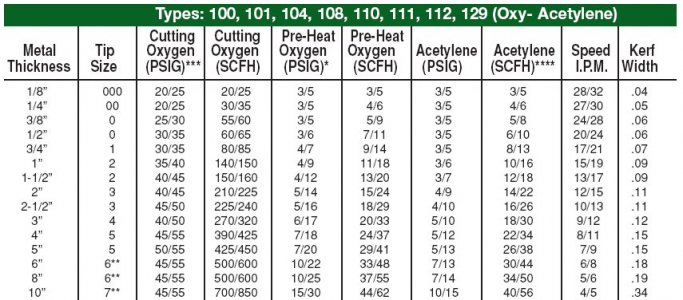By the same token, some of the ESAB authors may well participate on some of the Internet forums, so a blanket statement like that is really a bit unfair. Painting with too broad a brush. That brush would have to include you yourself, and we generally try not to make such generalizations here, since we don't really know each other well enough to judge qualifications. And it's a given that what you read on most any forum is an individual's own opinion based (sometimes, at least) on his experience. I'll certainly grant that there are a great many posters on the Internet on any news-feed as well as any forum on any subject that love to spout off their own brand of "knowledge", and we all know it's apt to be rubbish. That's why some even qualify their advice with "YMMV", or "This is worth exactly what you paid for it".
It's just the nature of the beast. I totally agree that there simply is no substitute for a hands on teacher, or at least someone watching over your shoulder as you try to learn. The Internet will never replace that, no matter what they try in school these days. I was actually taught by my grandfather holding my hand as I welded, and I'm not ashamed of that. I was 12. But I learned to weld. I held a woman's hand as I taught her to weld. Worked out pretty good. No Internet involved.
I also agree about the Certification Mills......just like most professions, just spend the bucks and a little time, and you can get a paper that says you are "IT", and sometimes that will get you on the job. Staying is another matter. Can't do.....can't stay. That was my hiring motto.

